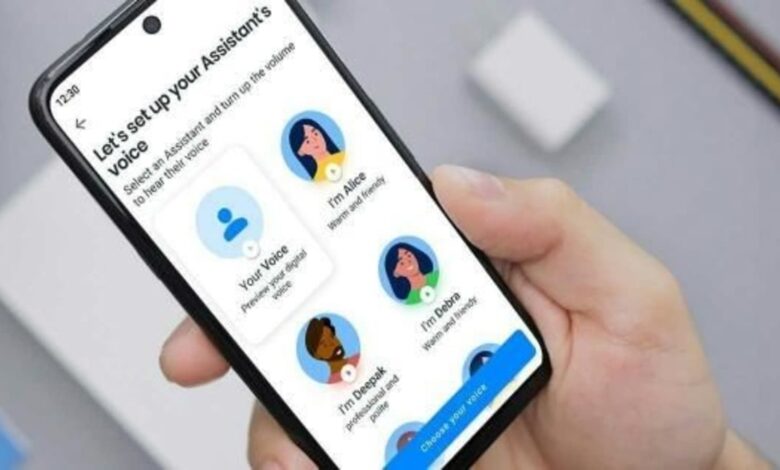Truecaller partners with Microsoft to enable AI voice answering for calls- How it works

Truecaller caller ID service is set to allow users to create AI versions of their voices to answer calls. Truecaller, known for identifying and blocking spam calls, is enhancing its AI Assistant feature to allow users to record their own voice. The initiative is in partnership with Microsoft’s Azure AI Speech, which will use recorded speech to create an AI version of the user’s voice.
“This groundbreaking capability not only brings a sense of familiarity and comfort to users, but also demonstrates the power of AI to change the way we interact with your digital assistant”. blog posts.
Also read: Xiaomi copies Apple’s controversial ‘crushing ad’ with some ‘Mi twist’
Personalization and security
Truecaller’s AI assistant, first introduced in 2022 and available in select countries, screens incoming calls and informs users about the reason for the call. Users can then decide to answer the call themselves or let an assistant answer. Previously, users could choose a preset voice for the assistant, but now they can personalize it further by recording their own voice.
Also read: WhatsApp scam: Delhi residents lose out $1 crore for new ‘investment plan’- All details
Contributed by Microsoft
At Microsoft’s Build conference, Azure AI Speech introduced a personal voice feature, allowing users to record and reproduce speech. This feature is available on a limited basis for specific uses such as voice assistants. Microsoft has implemented protections, such as automatic watermarks on AI-generated voices and a code of conduct that requires consent from recorded individuals and prohibits impersonation.
Also read: Noise acquires AI-powered women’s health platform SocialBoat
To set up this feature, users need to:
1. Make sure they have the latest version of the Truecaller app.
2. Sign up for Truecaller Premium.
3. Open Assistant settings in the app.
4. Follow the instructions to record and set up their voice.
Rollout of this feature begins in the US, Canada, Australia, South Africa, India, Sweden, and Chile, with plans to expand to other regions soon.


